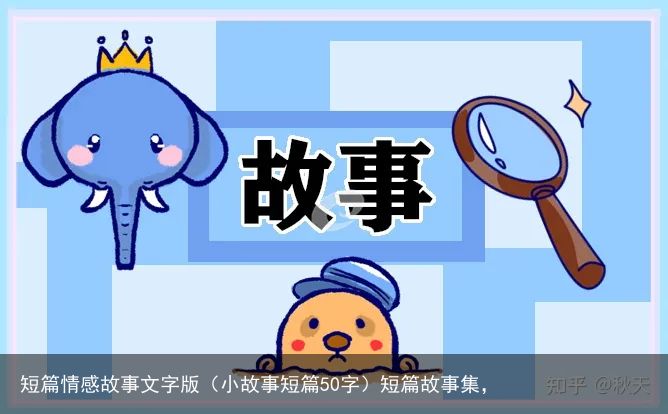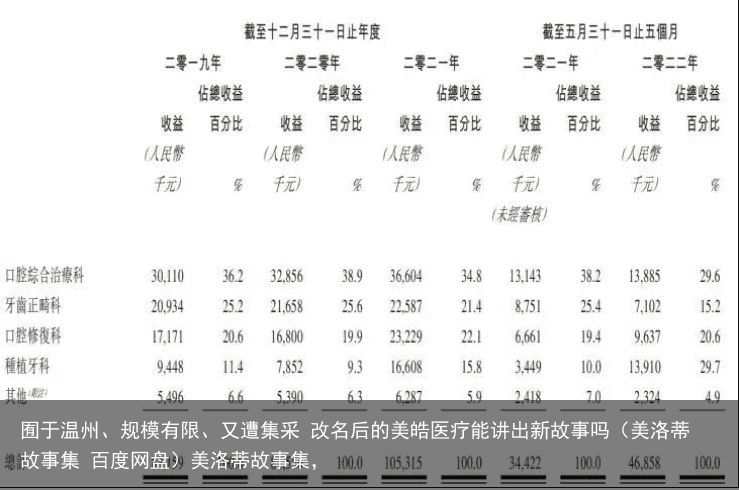贝奥武夫到坎特伯雷故事集再到莎翁的古代英语(坎特伯雷故事集总序言中文译文)坎特伯雷故事集,

《贝奥武甫》Beowulf
公元5世纪-公元12世纪,不列颠地区通用的是古英语(old English),古英语在语言结构上和德语比较相近。今天英格兰人来自斯堪的纳维亚半岛的日耳曼部落,分别为盎格鲁人,撒克逊人和朱特人,当时英格兰通用四种方言,西撒克逊语(West Saxon)、肯特语(Kentish)、莫西亚语(Mercian)和北恩布瑞安语(Northumbrian)。古英语也是这四种方言不断融合的结果。古英语的名词有数和格的分别。数分为单数、复数;格分为主格、所有格、与格、宾格。因此一个名词加起来共有8种变化形式。此外,名词还分阳性、中性和阴性。但是比较奇怪的是,这些性的区分并不是以性别来判断的,而且没有性别的事物也未必是中性。例如妇女就是阳性的。
02:07古英语文学上比较具有代表性的著作撒克逊部落的长篇史诗《贝奥武甫》:
We Gardena in geardagum,
eodcyninga,rym gefrunon,
hu a elingas ellen fremedon.
Oft Scyld Scefing sceaena reatum,
monegum mgum,meodosetla ofteah,
egsode eorlas. Syan rest wear
feasceaft funden,he s frofre gebad,
weox under wolcnum,weormyndum ah,
ot him ghwylc ara ymbsittendra
典型的中古英语
中古英语是指1150年到1500年间所使用的英语。这个时期的英语和古英语相比,在读音和拼写,词汇和语法方面都产生了较大的变化。一大部分古英语词汇被淘汰,转而吸收了很多法语和拉丁语的词汇。中古英语的语法在形态变化方面发生了简化。名词逐渐失去了古英语复杂的数和格的变化,简化成了单数和复数两种形式,复数以词尾-s表示。形容词则简化成了没有任何变化的词类。词在句子中的关系不再通过性、数、格的变化来表示,而是由词在句子中的位置来表示。

海 see
铅笔 pencel
苹果 appel
梨 pere
男孩 boi
女孩 girle
战争 warre
活的 liven
人们 peple
武器 armes
盾 sheld
矛 spere
血 blod
死亡 dien
食物 fode
匕首 daggere
刀 knif
兵 soudier
骑士 chevaler
驻守 garison
统治 reule;governen;sweien;sweyen
统治权 dominioun
王朝 dynastie;reigne;regne
公主 princesse
贵族 nobilite;patricion
僧侣 abesse;munk;munec
教士 clergie
修道院 monasterie
牧师 preost
绞死 hongen
刑罚 penalte

中古英语文选
载自《坎特伯雷故事集》,乔叟着, 14世纪
Here bygynneth the Book of the Tales of Caunterbury
Whan that Aprill, with his shoures soote
The droghte of March hath perced to the roote
And bathed every veyne in swich licour,
Of which vertu engendred is the flour;
Whan Zephirus eek with his sweete breeth
Inspired hath in every holt and heeth
The tendre croppes, and the yonge sonne
Hath in the Ram his halfe cours yronne,
And smale foweles maken melodye,
That slepen al the nyght with open eye-
(So priketh hem Nature in hir corages);
Thanne longen folk to goon on pilgrimages
TED 介绍的坎特伯故事集中有趣的视频
https://youtu.be/h0ZrBr9DOwA中古英语人称

Thou , thee, thy /thine ,
Ye 你们
Thou 你,you 你
这些代词还是很规律的:
thou,主格,单数,“你”:
On the seventh day, thou shalt rest.
O Father, O Father, why hast thou forsaken me?
在句子中做主语。
thee,宾格,单数:
Verily, verily I say unto thee.
I shall see thee on the other side.
在句子中做宾语。
thy和thine,物主形容词
一般如果后面的名词以元音或者h-开头,就用thine,其余情况用thy(詹姆士钦定本圣经用法):
Thy Lord is thine host.
thine,物主名词
...for all that is in the heaven and in the earth is thine.
同时还必须强调,thou 只有“你”而没有“你们“的意思,”你们“是 ye,也区分主格和宾格:
ye,主格,复数:
O, ye of little faith!
But ye shall receive power - and shall be witnesses to me.
you,宾格,复数:
Verily, verily I say unto you. (我实话对你们说。)
对比:
Verily, verily I say unto thee. (我实话对你说。)
为什么这俩:ye 和 thou 会合并呢?甚至最后连 ye这个主格都没了,完全有原本的宾格 you 来顶替。
一个理论认为这和 you 也有兼有单数和复数的敬称”您“、”您几位“的意思有关。随着敬称的广泛使用,thou 就不太常用了,于是被淘汰。
这个过程如果成立,可以和南美西班牙语的 usted 取代 tú 和 vosotros 的过程类比。
细心的读者还可能会发现,thou 对应的动词变位和 ye 也不同:
现代英语:What do you say?
What sayest thou?
What say ye?
现代英语:Where are you going?
Whither farest thou?
Whither fare ye?

其中fare意思是”旅行、走“,和现代德语的”fahren“类似。所以在有些比较老的小说里,再见也叫做fare well、fare thee well、fare you well 的说法。
thou与thee的用法与社会地位是相关联的,如:父母称呼子女为thou,子女称呼父母为you(您)。侍女称呼贵族为you,贵族指挥侍女用thou;上司称呼下级为thou,你称呼老板则要用you。圣经中大量出现的thou/thee就是因为这个原因,神、圣徒、基督称呼凡人绝对不会用敬语;而凡人称呼神灵则借鉴沿用其他语言的圣经译本(法语tu/te,西语tú/te),用第二人称单数来表示与神的亲密关系。
随着社会的发展,阶级的消失,普通人的社会地位随着职务的不同开始不断变动。通过着装举止言行判断一个人的社会地位已经非常困难,人们开始在日常对话中大量使用you代替thou/thee,来避免冒犯到社会地位高或那些自认为高的人。
虽然you逐渐取代了thou/thee,但语法不能随着改变,虽然很多时候指代单数的“你”,可语法仍同复数人称代词,接复数的be动词are。让很多英语学习者都很疑惑,为什么he/she用is,you就要用are呢?
Shakespeare--The-Sonnets--001-of-154--01:01来自NLHB尼罗河一威仔码头Shakespeare - The Sonnets - 001 of 154
No.1
From fairest creatures we desire increase,
我们要美丽的生命不断繁息,
That thereby beautys rose might never die,
能这样,美的玫瑰才永不消亡,
But as the riper should by time decease,
既然成熟的东西都不免要谢世,
His tender heir might bear his memory;
优美的子孙就应当来继承芬芳;
But thou contracted to thine own bright eyes,
但是你跟你明亮的眼睛结了亲,
Feedst thy lights flame with self-substantial fuel,
把自身当柴烧,烧出了眼睛的光彩,
Making a famine where abundance lies,
这就在丰收的地方造成了饥馑,
Thyself thy foe,to thy sweet self too cruel.
你是跟自己作对,教自己受害。
Thou that art now the worlds fresh ornament,
如今你是世界上鲜艳的珍品,
And only herald to the gaudy spring,
只有你能够替灿烂的春天开路,
Within thine own bud burliest thy content,
你却在自己的花蕾里埋葬了自身,
And, tend churl, makst waste in niggarding.
温柔的怪物呵,用吝啬浪费了全部。
Pity the world, or else this glutton be,
可怜这世界吧,世界应得的东西
To eat the worlds due, by the grave and thee.
别让你和坟墓吞吃到一无所遗!
举报/反馈 支付宝扫一扫
支付宝扫一扫 微信扫一扫
微信扫一扫










